Starting September 30, 2025, the Social Security Administration (SSA) will stop sending paper checks for benefit payments. The change impacts about 390,000 beneficiaries—less than 1% of the 68 million receiving Social Security. The federal mandate requires all government payments to go electronic, aiming to improve speed, safety, and cost-efficiency.
More than 73 million Americans currently receive Social Security benefits, and over 99% of those payments already arrive electronically through direct deposit or prepaid cards.
For many—especially seniors and those without bank accounts—paper checks have served as a lifeline. However, mail delays, loss, and theft have made them a risky option.
Treasury data reveals that processing paper checks costs about 50 cents each—more than triple the cost of electronic payments, which average under 15 cents.
Even more concerning, paper checks are 16 times more likely to be lost or stolen compared to electronic transfers. Moving entirely to digital payments not only modernizes the system but also protects millions from potential fraud and guarantees timely delivery of their benefits.
Most Americans already receive their Social Security benefits electronically—either through direct deposit into bank accounts or the Direct Express® prepaid debit card. The card provides a secure option for those without bank accounts, offering easy access to funds for purchases, bill payments, and ATM withdrawals.
Beneficiaries still relying on paper checks need to act quickly to avoid payment disruptions. The SSA is reaching out to these individuals and urging them to switch by taking simple steps: visiting GoDirect.gov, calling the Electronic Payment Solution Center at 1-800-967-6857, or contacting their benefits agency directly.
The government allows only limited exemptions—primarily for people over 90, those with certified cognitive impairments, or individuals without access to banking services. To qualify, they must apply for a waiver through the Treasury Department before the deadline.
From a broader perspective, this digital shift supports the nationwide effort to modernize federal payment systems. Eliminating paper checks saves taxpayers millions each year while speeding up benefit delivery. It also paves the way for improved digital services, including online benefit tracking and simplified account management, making government support more transparent and accessible.
While the change offers greater convenience, it also demands action from those who still depend on mailed checks. Beneficiaries must choose between direct deposit into a bank account or receiving funds through a government-issued prepaid card.
What is happening with Social Security payments?
Starting September 30, 2025, Social Security will stop issuing paper checks entirely. For decades, many Americans received their benefits through the mail, but now the system is shifting completely to electronic payments.
This change reflects a broader government push to modernize payments. By going digital, Social Security aims to deliver benefits faster, more securely, and with greater reliability. Each month, millions of beneficiaries will see their payments deposited directly into a bank account or loaded onto a prepaid card.
For some, the shift may feel straightforward, but for others, it marks a significant adjustment. Those who still depend on paper checks must take action now to ensure they continue receiving benefits without disruption.
Who will be affected by this change?
Anyone who still receives Social Security by paper check must switch to electronic payments. This applies to retirees, disabled individuals, and survivors.
For most beneficiaries, the process is simple. They can set up direct deposit into their bank account. Those without a bank account can use the Direct Express® card, a prepaid debit card that provides safe and easy access to funds.
Failing to take action could lead to delayed or missed payments, making it crucial for beneficiaries to understand and complete the transition process.
Why is Social Security going digital?
The government has several reasons for this shift. Paper checks are costly to produce and mail. They can also be lost or stolen, causing delays.
Digital payments, on the other hand, are faster, safer, and more convenient. Since most beneficiaries receive their payments at the start of each month, electronic transfers ensure the money arrives on time.
This shift also brings Social Security in step with modern financial practices. Many other federal payments, such as salaries and tax refunds, are already digital, and this move aligns Social Security with today’s financial expectations.
How can I make sure I get my payments on time?
Beneficiaries need to take action now. There are two main options:
- Direct Deposit: Have your Social Security benefits deposited directly into your personal bank account. This is the fastest and most secure method.
- Direct Express® Card: If you don’t have a bank account, the government-issued prepaid card works just like a debit card. You can use it to pay bills, withdraw cash, and make purchases.
It’s important to set this up before September 30. Waiting until the last minute may lead to delays in receiving your benefits.
Will this affect how much I get?
No. Switching from paper checks to electronic payments will not change the amount of your Social Security benefits.
However, Social Security will see other updates in 2025. A 2.5% cost-of-living adjustment (COLA) will slightly increase monthly benefits to help offset inflation.
Additionally, adjustments to the full retirement age and the maximum taxable earnings limit will take effect. These changes aim to keep the program financially sustainable while supporting seniors in maintaining their purchasing power.
What if I don’t have a bank account?
Not having a bank account is not a barrier. The Direct Express® prepaid card is available for all beneficiaries without a bank account.
The card works like a debit card. You can:
- Receive your monthly Social Security payment
- Withdraw cash from ATMs
- Make purchases online or in stores
- Pay bills directly from the card
Setting up a Direct Express® card is simple. It ensures you won’t miss any payments when the paper checks stop.
FAQs:
Q1: When will paper Social Security checks stop?
A1: Starting September 30, 2025, the Social Security Administration (SSA) will stop issuing paper checks for benefit payments. All beneficiaries must switch to electronic payments either through direct deposit to a bank account or by using the Direct Express® prepaid debit card. This change affects a small group of about 390,000 people who still receive paper checks, less than 1% of total beneficiaries.
Q2: How can I receive my Social Security payments?
A2: Via direct deposit to a bank account or a government-issued prepaid card. The SSA encourages beneficiaries to enroll in direct deposit or choose the Direct Express® card as soon as possible to avoid disruptions. Support and assistance are available through SSA and the Treasury’s Electronic Payment Solution Center.

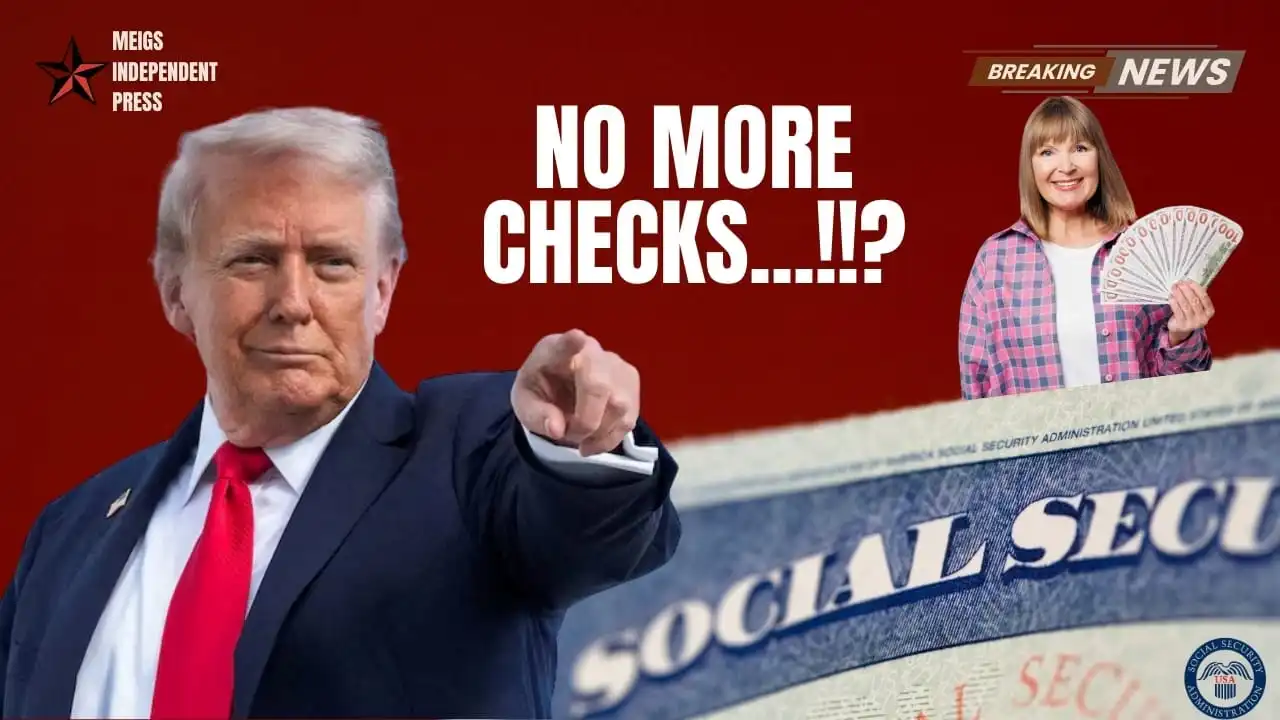
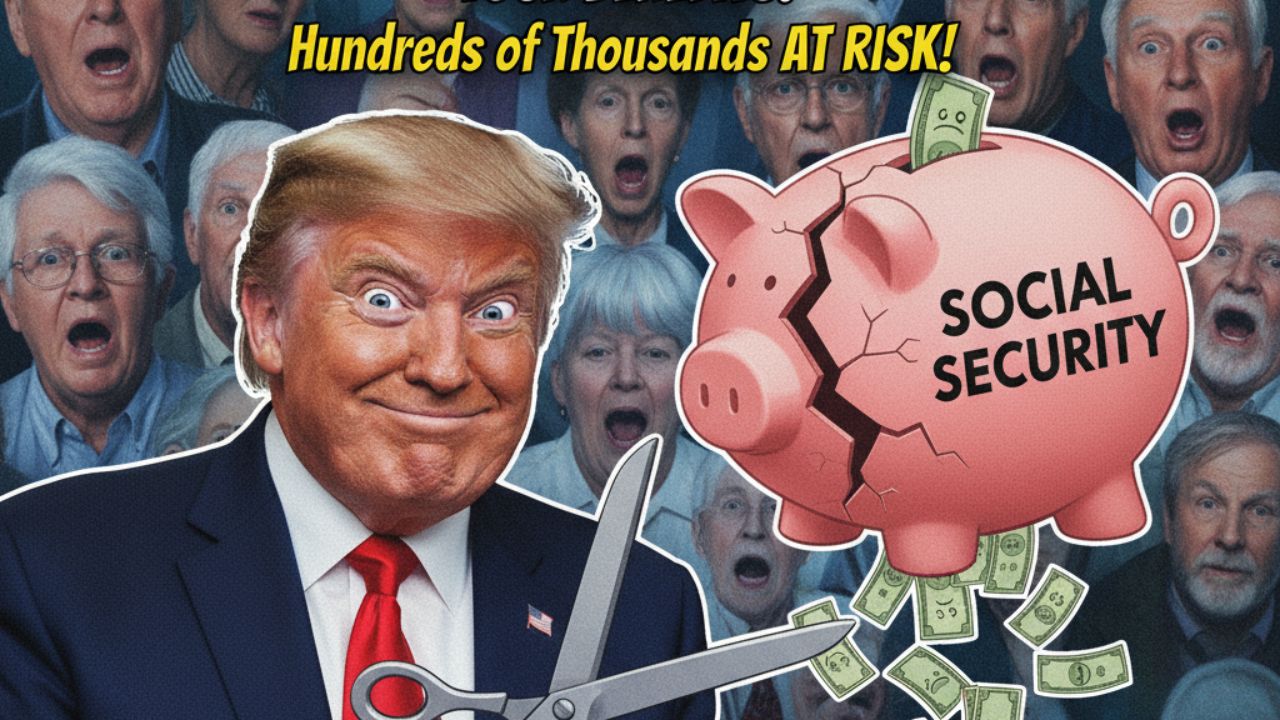
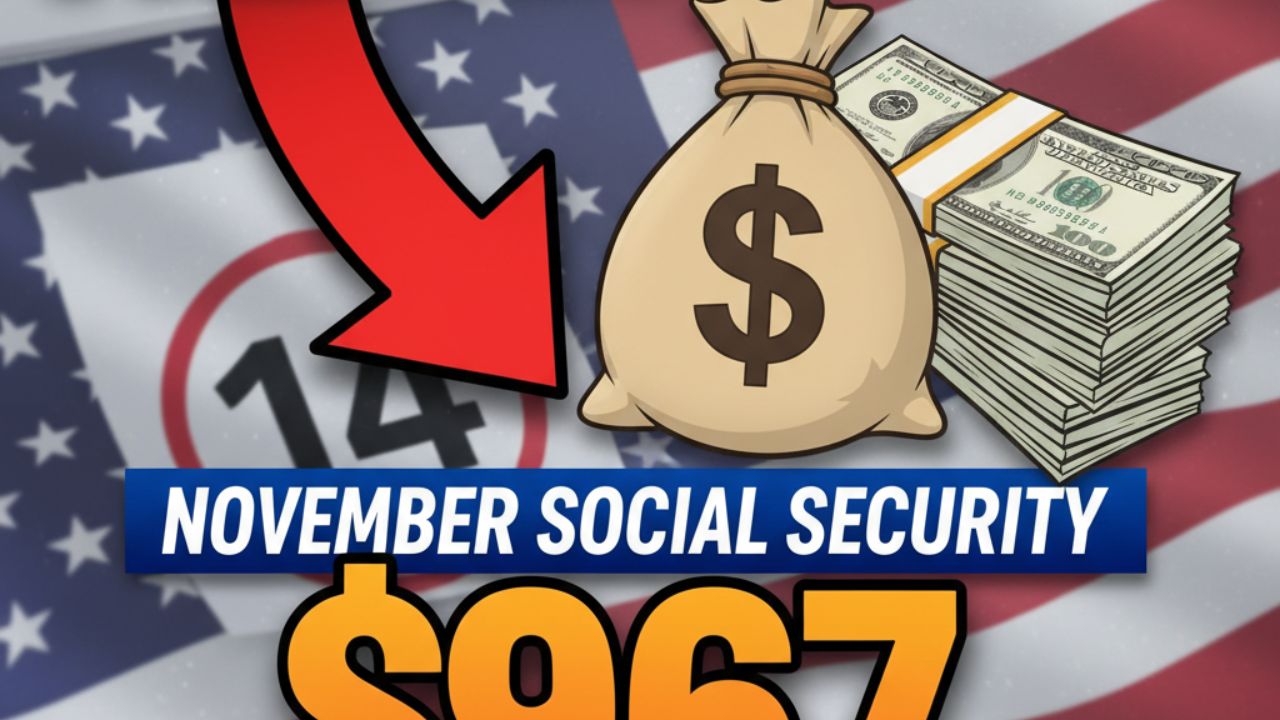

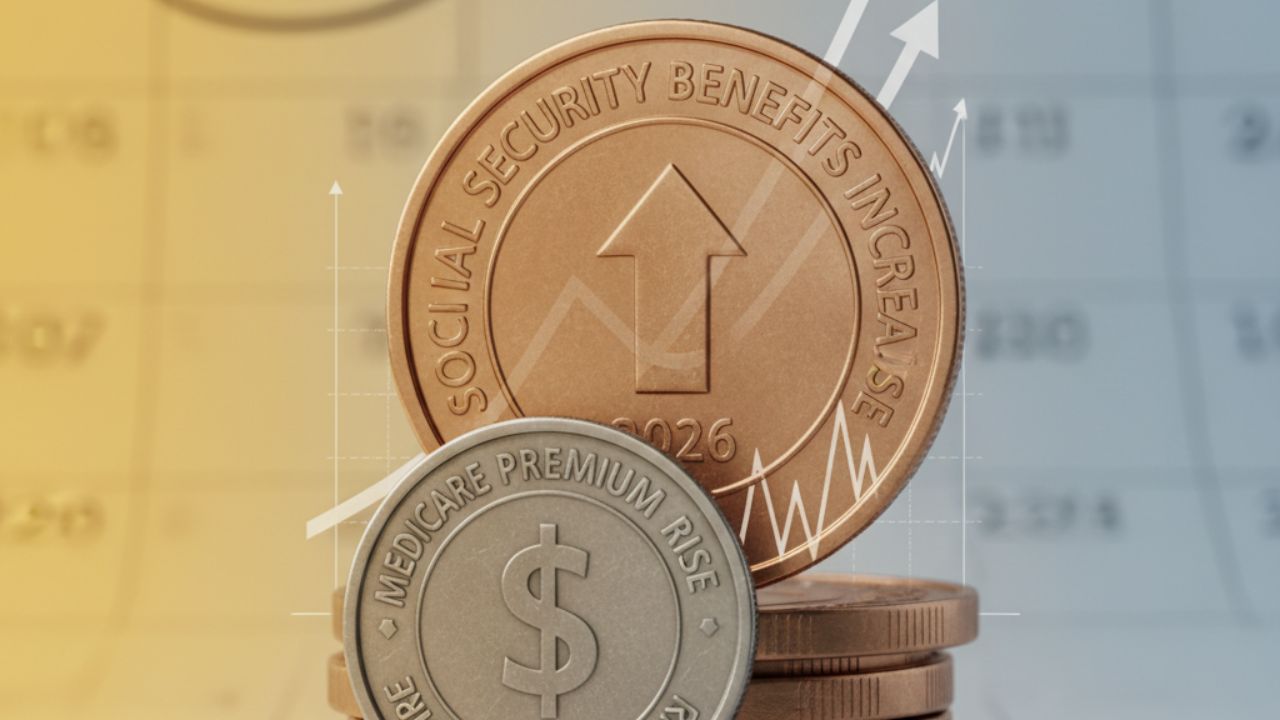
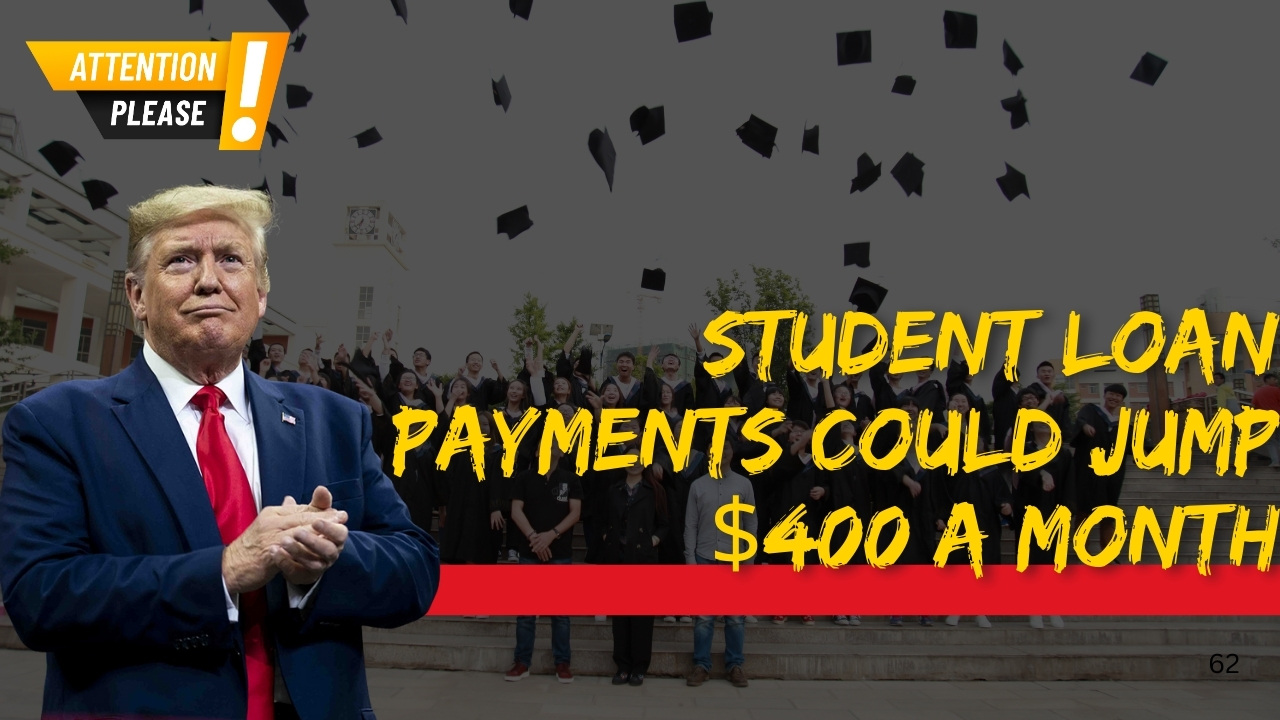
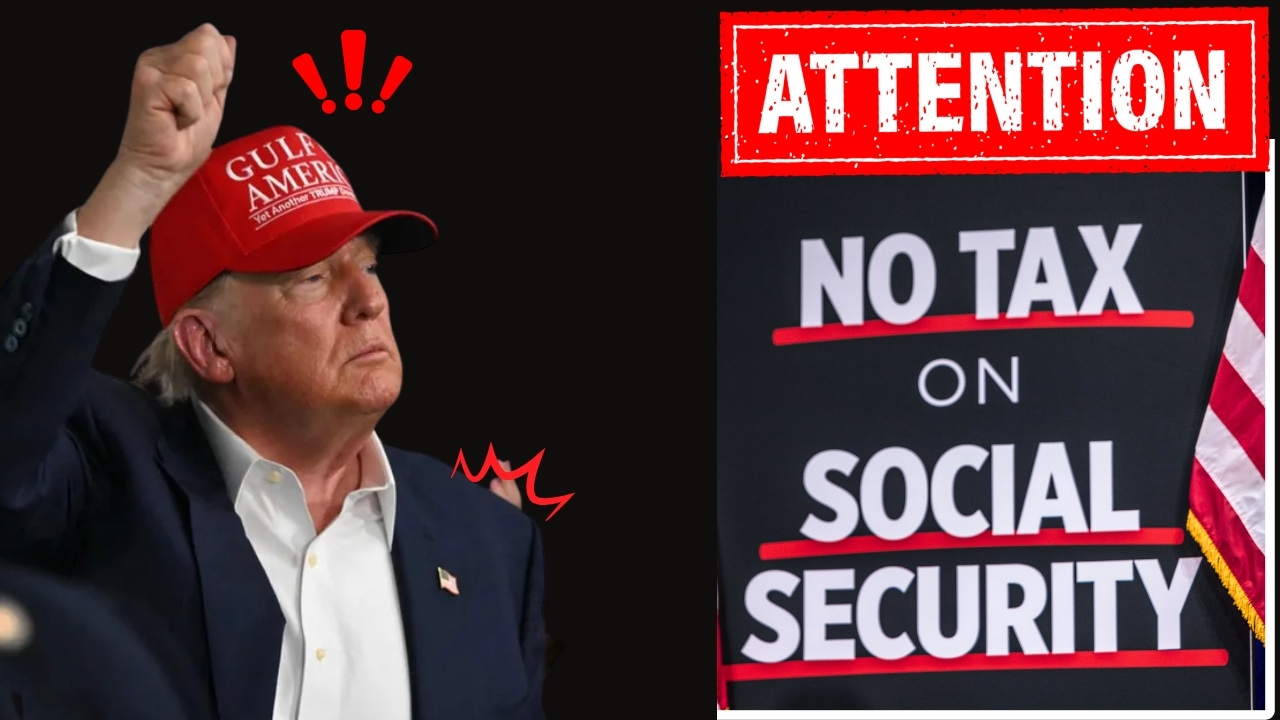




Valerie Hopkins
I want to know if I’m eligible for a stimulus check on 62 on SSI and retirement funds